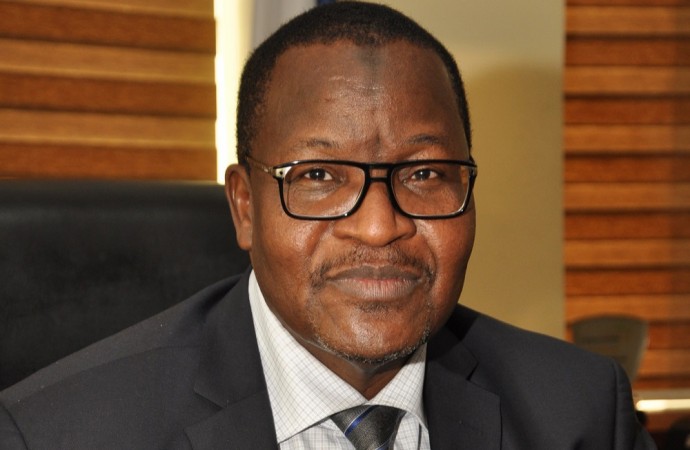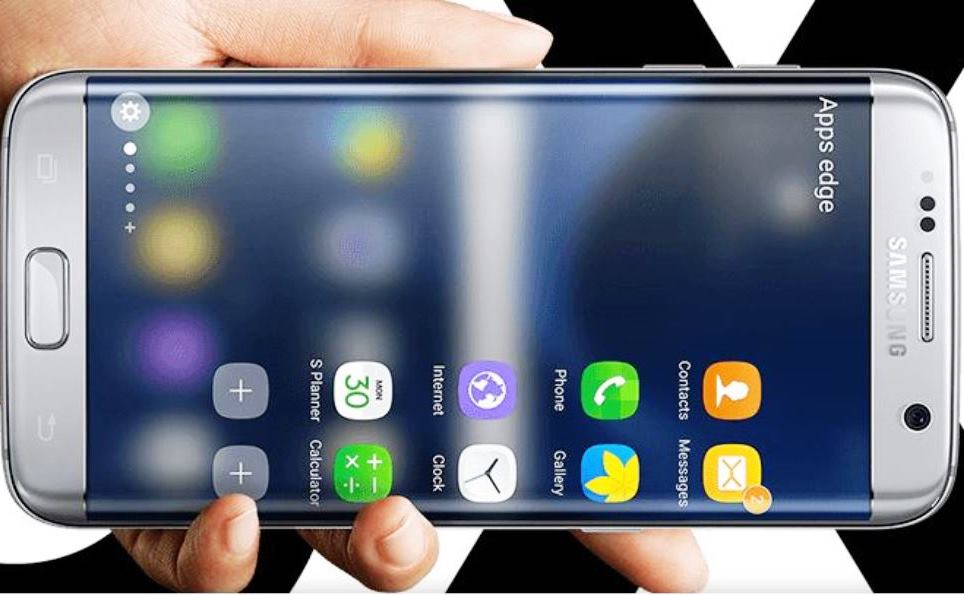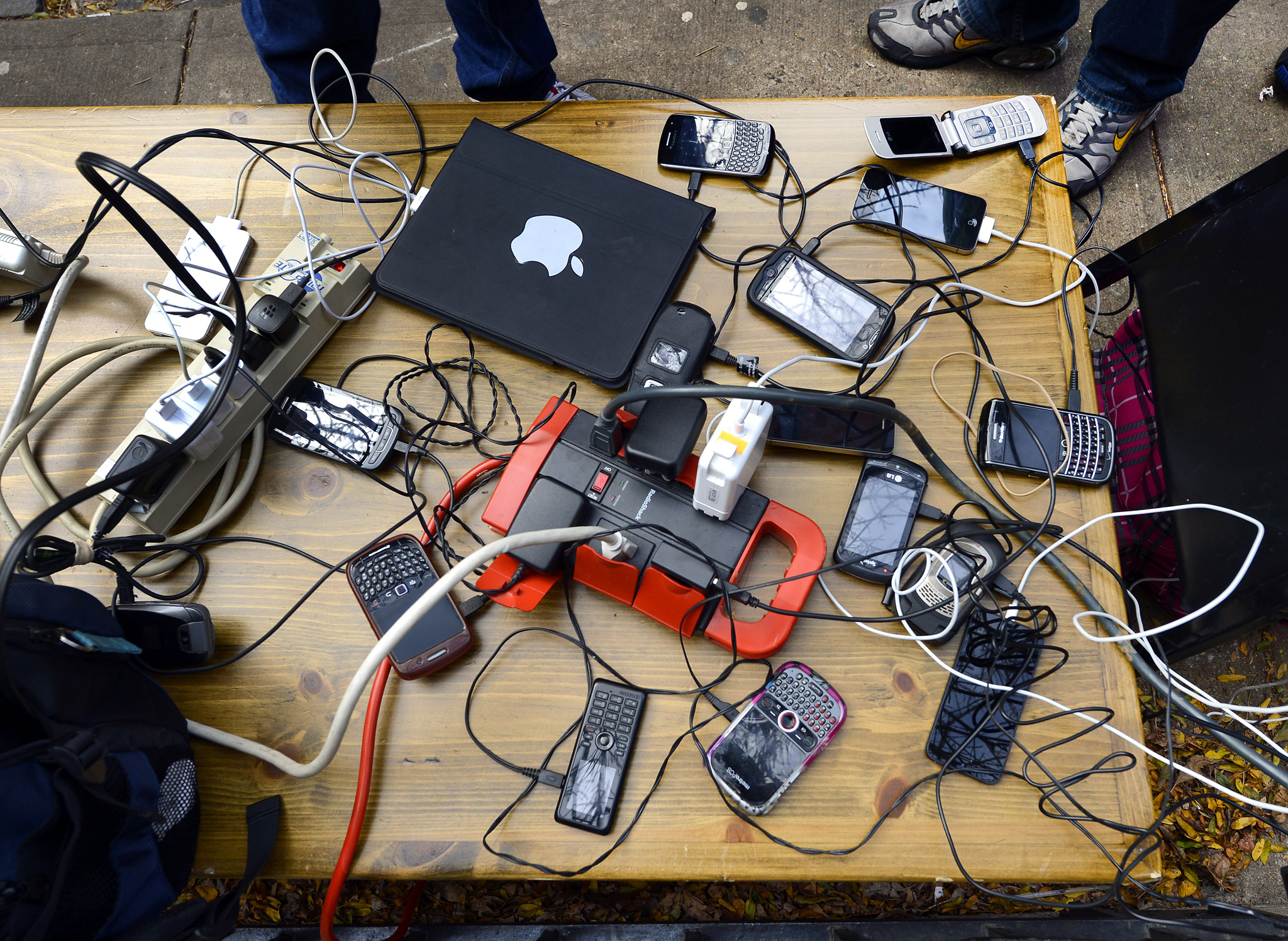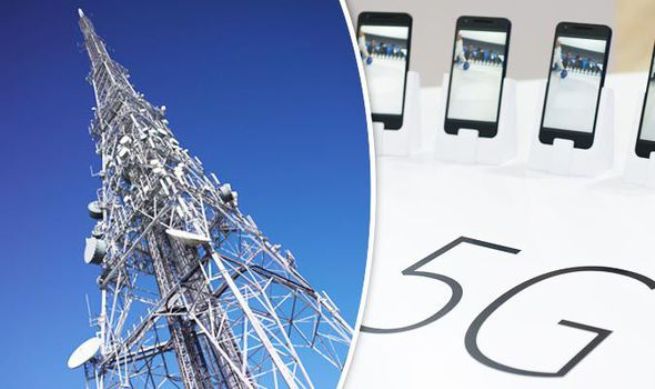The Executive Vice Chairman/Chief Executive Officer (CEO) of the Nigerian Communications Commission (NCC), Prof. Umar Garba Danbatta has shared experiences on how the telecoms regulatory agency is accelerating digital inclusion in Nigeria.
TheNewsGuru.com (TNG) reports Prof. Danbatta shared the experiences while receiving a delegation from Autoridade Reguladora Nacional (ARN), the telecom national regulatory authority of Guinea-Bissau in Abuja recently.
The NCC boss highlighted some of the regulatory models, approaches and best practices being implemented by the Commission in promoting a stable telecoms sector in the country.
A delegation of ARN were on a week-long benchmarking visit to the NCC in Abuja on Wednesday, May 26, 2021 to gain insights into NCC’s regulatory template as part of an exchange to build stronger bilateral relations with the Commission in the area of telecommunications regulation.
According to Danbatta, who is also the Chairman of the West African Telecommunication Regulatory Assembly (WATRA), the NCC has been recognised by the International Telecommunication Union (ITU) as Africa’s foremost regulatory organisation and has over the years received regulators from across Africa and beyond whose mission is to understudy the Commission.
He recalled the strong support to Nigeria by Guinea Bissau during the recently concluded election for the position of Executive Secretary of WATRA and the Chairmanship of the regional body, noting that the benchmarking visit underscores the cordial relationship, mutual cooperation and collaboration between both countries.
“The 16 members of the regional organization share a common vision in ensuring that the citizens are not digitally excluded and are cooperating to ensure that access to information and communication technology services are not only ubiquitous, but that they are available and affordable through effective national and regional policies”, Danbatta said.
The EVC pointed out that the NCC has through the implementation of various policy initiatives, particularly the National Broadband Plan (2020-2025) improved access to broadband for over 80 million Nigerians and targets the provision of Point of Broadband Access (PoA) in all the 774 local government areas (LGAs) of the country within the plan period.
Danbatta stated that though challenges remain in the process, he observed that NCC is committed to addressing such challenges as Right of Way (RoW) issue, multiple taxation, vandalism of telecom infrastructure, among others, confronting the licensees as they roll out services.
To further drive digital inclusion, Danbatta said the Commission carried out a study to determine areas where there are access gaps in the country.
“We identified 217 clusters of access gaps and today, we have ensured more Nigerians are digitally-included by reducing the number of access gaps to 114 currently, while more measures are being taken to further reduce the access gaps, thereby deepening digital inclusion,” the NCC boss said.
Through NCC’s various regulatory efforts, Danbatta said: “Nigeria’s telecoms sector had reached an all-time-high, basic internet subscription of 154 million; over 87 million broadband subscriptions, representing 45.93 per cent broadband penetration; over 207 million voice subscriptions with teledensity standing at 108.94 per cent as at October, 2020.”
Meanwhile, Danbatta, as WATRA Chairman, has assured of ongoing plans for the Executive Secretary of WATRA, Aliu Aboki, to visit the 16 member countries of the Assembly for the purposes of interacting and engaging with the member countries in order to build a common front to galvanise the development of the telecommunications ecosystem in the West African sub-region.
“So, we hope this level of collaboration at the level of WATRA, will be strengthened, so that together, we can act in a manner that other parts of Africa can be able to copy from us. It is an excellent regulatory model that we are working together and I solicit your support and that of other member countries in making the visit of the 16 member countries by the Executive Secretary a huge success,” Danbatta urged the delegation.
While expressing the desire to reciprocate the visit, the EVC particularly appreciated the Guinea Bissau’s delegation for the visit and expressed the hope that their expectations for the benchmarking programme have been met as they take away some key ideas and integrate same into the regulation of their country’s communications industry.






